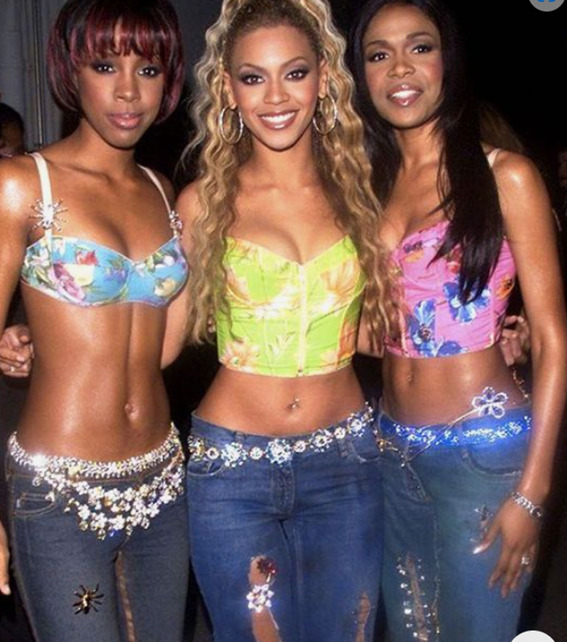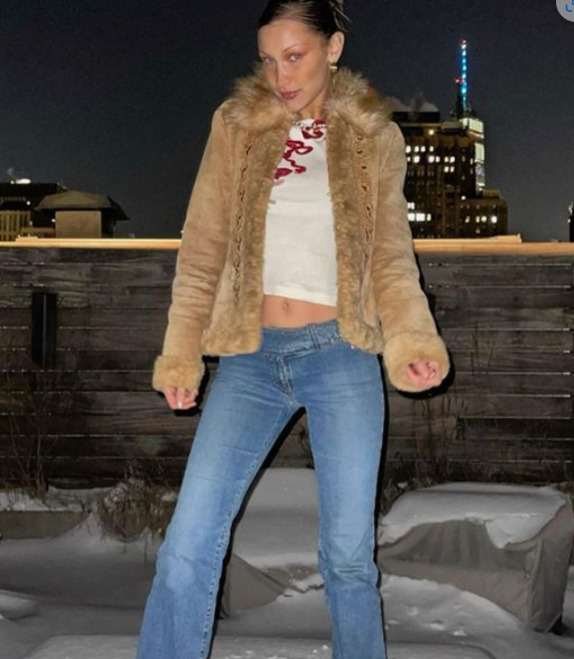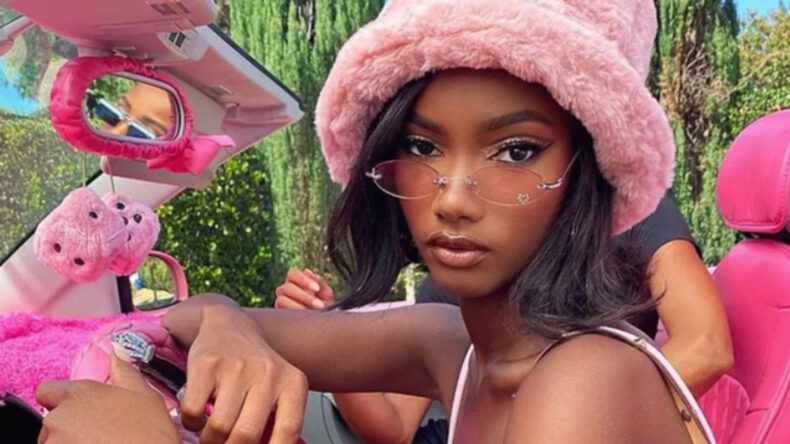The resurgence of early 2000s fashion trends has taken the retail world by storm, with Gen Z leading the charge. From wide-legged slacks in the workplace to the return of retro hair accessories like the claw clip, young consumers are embracing the Y2K trend like never before. Social media platforms like TikTok have played a significant role in fueling this fashion revival, as consumers showcase their favorite looks and draw inspiration from the past.
The Y2K trend initially started with small elements such as butterfly clips and straight-leg jeans but quickly expanded to include all-denim garments, cargo and flare pants, and anything shiny or colorful. Gen Z is far from finished revisiting these old trends. They are eager to unearth every weird trend from the past and bring it back to life.

Retailers across the board, from high-end stores like Nordstrom to discount chains and fast-fashion outlets, have capitalized on the popularity of these trends. Sales of women’s cargo pants have gone through the roof. Fashion chains like H&M and Zara have reported success with biker jackets, denim garments, and crop tops. Chinese fast-fashion retailer Shein, targeting young women, has experienced a threefold increase in sales of baby tees, making them the hottest t-shirt style of 2024. Flared pants, corset tops, metallic-colored clothing, and women’s track suits made from bright velour fabric reminiscent of Paris Hilton’s iconic choices have also seen significant sales growth.
This fashion resurgence is often referred to as the McBling era, which overlaps with the Y2K trend but places more emphasis on flashy items, exemplified by brands like Juicy Couture and Baby Phat. Celebrities, including model Bella Hadid, play a crucial role in popularizing these trends, with their outfit choices closely analyzed by fashion magazines and consumers alike. Additionally, social media has become a direct source of fashion inspiration, challenging retailers who are accustomed to setting trends through runway shows.
To keep up with the rapidly changing landscape, retailers like Macy’s and Walmart closely monitor social media sites and analyze user searches. However, distinguishing between attention-grabbing trends and those that translate into actual purchases can be challenging. Retailers are adapting by accelerating their development processes to bring trends to market faster. Walmart, for example, is marketing Y2K-inspired cargo pants and Barbiecore styles, following key influencers such as Alix Earle, who has collaborated with A-list celebrities like Selena Gomez.

While retailers are targeting young consumers, many of them are opting for a different approach. Instead of buying new items, young consumers are turning to each other’s closets and fueling a thriving resale market. The Boston Consulting Group and French luxury resale site Vestiare Collective reported that the resale market has tripled since 2020, driven primarily by affordability and a desire to be more environmentally friendly.
The Y2K trend has also influenced hairstyles, with a return to ’90s and Y2K-inspired looks like spiky updos, space buns, bouncy blow-dried styles, and block coloring. Gen Z are more receptive to these looks compared to millennials, as they are experiencing them for the first time.
The Y2K fashion trend shows no signs of slowing down. Gen Z’s embrace of these nostalgic styles, fueled by social media and celebrity influencers, has created a demand that retailers are eager to meet. Whether it’s through new purchases or the thriving resale market, young consumers are making a statement with their fashion choices, all while bringing back the trends of the early 2000s for a new generation to enjoy.












